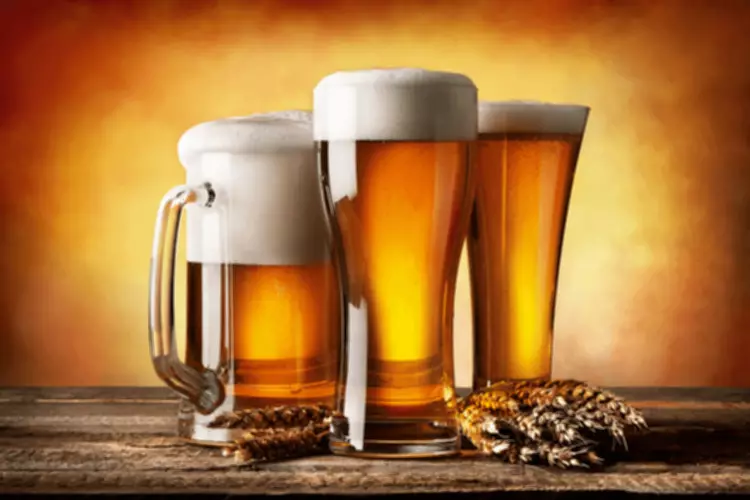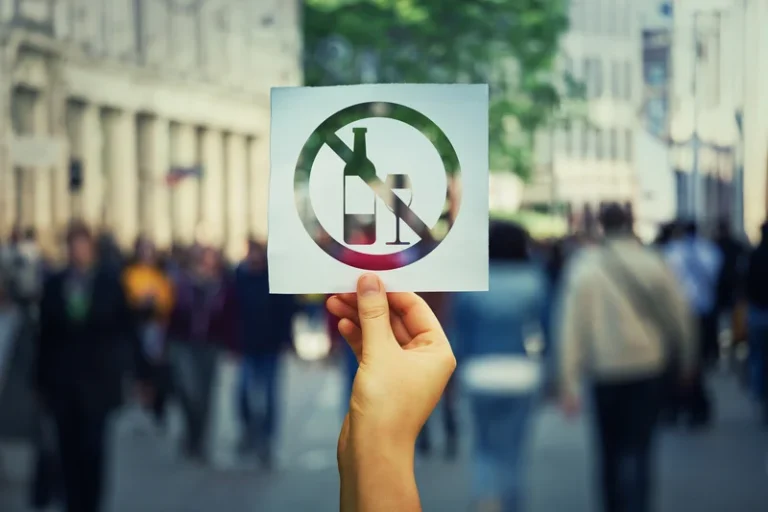
But over the last 6 months I feel like I have been on a steep cognitive decline. I feel stupid, decision making is crap, I think only one-dimensionally, etc. And maybe some signs of depression, which I plan on getting diagnosed and corrected. But circling back to the original question, while having googled it, I wanted to know your opinion.
- I have been a really smart kid (that’s what I have been told by people of academia) who got accepted to a PhD program.
- Behavioral health treatment for alcohol problems is often (but not always) covered by insurance.
- Some people with a history of excessive alcohol use develop nutritional deficiencies that further damage brain function.
- Before we look at alcohol’s role in brain fog, let’s take a moment to define brain fog.
- If you or someone you know shows signs of delirium tremens, go to the emergency room immediately.
Can You Die from Alcohol Withdrawal?

COVID-19 can cause inflammation in the brain, which can affect the ability of neurons in the brain to communicate with each other, resulting in brain fog. However, the stress, anxiety, isolation, and threat of the coronavirus pandemic can also indirectly cause brain fog, since it can be exhausting for your brain, says Romanoff. Individuals often do not feel like themselves as the loss of mental sharpness feels foreign to them.

Duration of Brain Fog After Quitting Alcohol
Generally, several days to a week is a good rule of thumb when quitting alcohol. Adequate nutrition and hydration is critical for maintaining healthy cognitive function, and poor nutritional status is a common characteristic of alcohol abuse. Prioritising nutritional health is high up on the totem pole for sobriety, so if you were to pick anything, start here. There are two types of alcohol withdrawal, acute withdrawal and post-acute withdrawal, also known as ‘PAWS’.
Get some aerobic exercise
Walking is an excellent form of exercise that has many benefits for brain health. Alcohol can disrupt sleep, so it’s important to get plenty of rest after drinking. Our rehab directories tool makes it simple to find a rehab that meets you or your loved ones needs best by using different search criteria to accomplish that goal. You can easily type in your location to find treatment centers near you, or browse other facilities throughout the nation that provide the services you are looking for. Or, find rehab facilities near you right now to get started on your journey towards recovery.

Treatment Facilities
Reframe supports you in reducing alcohol consumption and enhancing your well-being. The Reframe app equips you with the knowledge and skills you need to not only survive drinking less, but to thrive while you navigate the journey. Our daily research-backed readings teach you the neuroscience of alcohol, and our in-app Toolkit provides alcohol brain fog the resources and activities you need to navigate each challenge. Such findings parallel other research showing that the virus persists in various organ systems for months or years after COVID-19 infection. And research is showing that immune responses to the infection are still evident two to three years after a mild infection.
Coping With Relapse and Seasonal Affective Disorder
- Processed foods are high in sugar and unhealthy fats, which can lead to inflammation and impair brain function.
- If you drink, make sure you get adequate thiamine to prevent this irreversibledisease.
- We’re a neuroscience-backed app that has helped millions of people reduce their alcohol consumption and improve their cognitive functioning.
- If you don’t have time to go outside, you can also sit near a window to get some natural light.
- These programs involve working with a team of mental health professionals in a group and individual setting.
Understanding what alcohol brain fog is, its causes, and how to overcome it is crucial for anyone grappling with alcohol-related issues. This article aims to shed light on this often-overlooked aspect of alcohol consumption and its long-term effects on cognitive function. Imagine being in a room filled with fog, where everything seems blurry, and you struggle to navigate your way. That’s what brain fog feels like; a state of confusion, lack of focus, and mental obscurity. Often, it sneaks up on you during alcohol withdrawal and recovery, causing difficulty in concentrating, memory problems, and a feeling of being mentally sluggish. However, seeking help and support is essential if the symptoms persist or interfere with daily life.
Leave a Reply